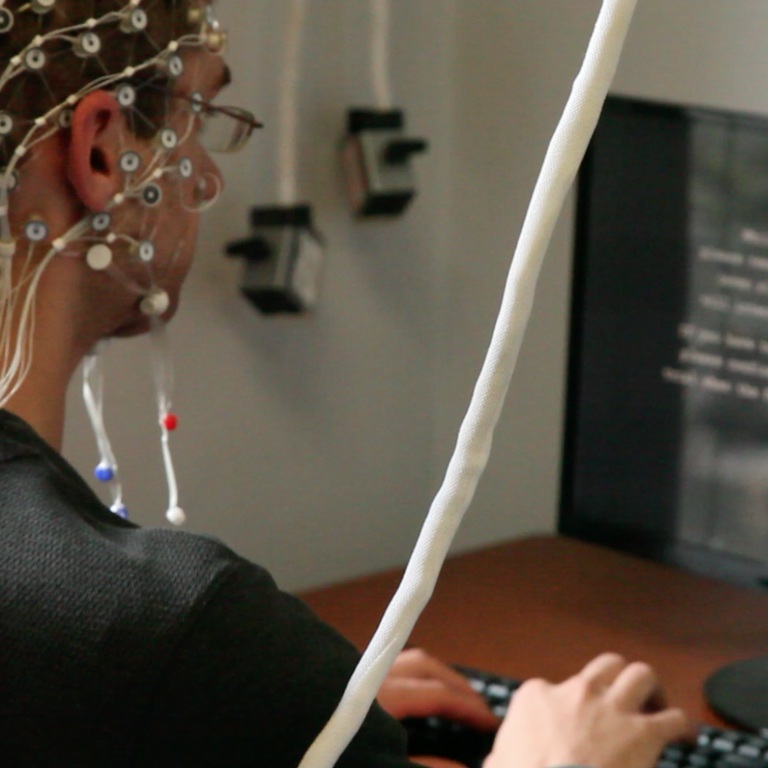by Ross Overline, Forbes
Some time ago, I had to make one of the most difficult decisions in my career—letting an employee go. While I’d let employees go before, this was a particularly challenging situation.
It was someone I cared about deeply. I considered them a mentee, and I invested heavily in them. They were kind, aligned with our mission and values and earnestly wanted to grow. But, they were simply not meeting expectations, even after several quarters of coaching. To steward our company, I had to help them find the next step in their career.
In the aftermath of that decision, it struck me that a leader’s decisions almost always positively affect some people while negatively affecting others. And sometimes, one’s decisions as a leader bear significant negative consequences on others. When we fire someone, we cut off their income and threaten their livelihood, dignity and agency.
After I’d spoken to that employee, I needed some time and space to process everything. I was emotionally struggling with the decision that I had made, even though I knew that in the long term, it was the right decision for everyone involved. I realized that, ironically, it was a good thing that I was feeling so bad. It meant the empathy I’d spent years cultivating hadn’t left me.
Why Empathy Is A Preqreuisite For Moral Reasoning
It shouldn’t be easy for leaders to make tough decisions that negatively impact other people. If we reach a point where we can fire someone without a second thought, cut costs in a way that can put customers in danger and so forth, then that means we have reached a point where we have little to no empathy—we’ve become corrupt.
Power, as I understand it, isn’t what corrupts leaders. Hubris and apathy, which stem from a lack of humility and empathy, do. Of course, as leaders, we have to accomplish certain goals, or our organizations will fail. But in the pursuit of those goals, it can become all too easy to start to see people as resources, which erodes our empathy and can make it atrophy entirely over time. That can have dire consequences.
We need empathy to reason morally. Over time, suppressing empathy can become a habit and create a state of apathy in a person that corrupts their moral sentiments. Moral intuition is inherently rooted in the empathy we have for other people. Just examine the predominant moral frameworks our society uses; one trait they all have in common is that they judge the goodness or wrongness of actions based on the impact those actions have on others. So, as I see it, morality is inherently interdependent. If the empathetic parts of our nature are shut down, how can we reason morally? Simple: I don’t think we can.
I believe that to be true leaders—servant leaders—we must lead with empathy and bear the emotional burdens of our decisions. Leaders can inspire others to do good or to do harm. Without empathy, leaders can become cold, calculating “rational” machines. There have been leaders in history who galvanized groups to justify killing millions of people through their ideologies and rationales. Their actions were abhorrent and horrifying—and their apathy was obvious. How could an empathetic person commit such atrocities? If they had empathy for people, I don’t think they would have done what they did.
The Role Of Empathy In Business
In business, a lack of empathy can cause a range of mildly damaging to seriously destructive consequences.
Some ways a lack of empathy manifests in business include office gossip, throwing other people under the bus for personal gain, lying about someone’s character and making decisions that put employees and customers in harm’s way. Many companies have made the news because their leaders made decisions without real regard for the impacts those decisions would have on other people.
Empathy in business helps guard against that damage and destruction. A lack of empathy paves the path for an amoral corporate world where leaders act in a cold, calculating manner with no consideration for the well-being of employees and customers, which will only perpetuate suffering in communities. Empathy grounds us. It helps us do right by others and ourselves so that we can create a world where everyone has an opportunity to flourish.
How Leaders Can Develop Empathy
Empathy is a muscle that should be exercised over time so it can strengthen. Research by Stanford University psychologist Jamil Zaki supports the notion that empathy can be built. In my experience, there are three key ways leaders can develop their empathy.
First, leaders should allow themselves to fully feel the weight of their emotions in the aftermath of making difficult decisions. While it is easier to compartmentalize or avoid our feelings, it’s important that we feel them because they’re elicited by empathy. Tuning in to them gives us the opportunity to retrace our steps and ask if there’s anything we could have done differently. When I let that employee go, I felt disappointed in myself and sad for them. I had spent time trying to get them where they needed to be, but ultimately, things didn’t work out. Reflecting helped me think about how I could handle a future situation in a better way.
As leaders, we should also practice intellectual honesty. We should take ownership and reflect on how we could have prevented negative outcomes. I’m a fan of the window and mirror principle, a concept popularized by the author Jim Collins. When things go well, we look through the window to give credit to the team. When things go wrong, we look in the mirror and ask what we could have done differently. External circumstances can lead us toward certain decisions, but so do our own actions. For instance, a bad economy could be one reason a CEO had to lay off 500 people, but their decision to, say, invest in a failing product line two years prior was another key contributing factor. It’s important to think about what we could have done as leaders to avoid a bad outcome.
Additionally, I advocate taking time to actually be with people, listen to them and empathize with them. It can be easy to get stressed out that we have to deal with people’s problems, but as leaders, we should consider it an honor and privilege that people trust us enough to share their challenges with us. If, say, your employee shares that their children are sick and they’re having a hard time caring for them while they’re all home from school, take a moment to put yourself in that employee’s shoes.
Finally, I believe it’s crucial that we address any underlying personal issues or trauma we might have. Early-life trauma, in particular, can cause us to stifle empathy to avoid vulnerability. High-achieving people can have past struggles; resolving them can make us much more effective. Through vulnerability and connecting with our emotions, we can become more empathetic with ourselves, which is needed to be empathetic with others. And there are many experts trained in various therapeutic modalities who can guide us through a systematic approach to resolving anything subconscious that is limiting our ability to do so.
Collectively, let’s not take empathy for granted. Every day, let's wake up and make a conscious decision to cultivate empathy. It’s an ongoing and imperfect process. I encourage my fellow leaders to actively strive to develop empathy. With empathy, we can help create better outcomes for the people in our lives—and the world at large.
About the author:
Ross Overline is the Co-Founder & CEO of Scholars of Finance (SOF), an organization on a mission to inspire character and integrity in the finance leaders of tomorrow. SOF provides undergraduate students with leadership development, mentorship, and the active support of purpose-driven finance executives and investors—to empower the next generation to solve the world's greatest problems with capital. He believes that conscious investing, values-based leadership, and effective education are critical to the development of a prosperous and inclusive world. As such, he is committed to transforming the financial system with his team at Scholars of Finance. Prior to Scholars of Finance, he held roles spanning equity research at Piper Sandler and global go-to-market at Twitter. He also served on the leadership team that launched the checking & savings business at SoFi. He started his bachelor’s degree at Fordham University and completed it at the University of Minnesota. He has completed executive education at Cornell University and Stanford University. His hobbies include mentoring and coaching, advising startups, triathlons, freestyle/spoken word, and studying neuroscience, economics, history, and philosophy.



